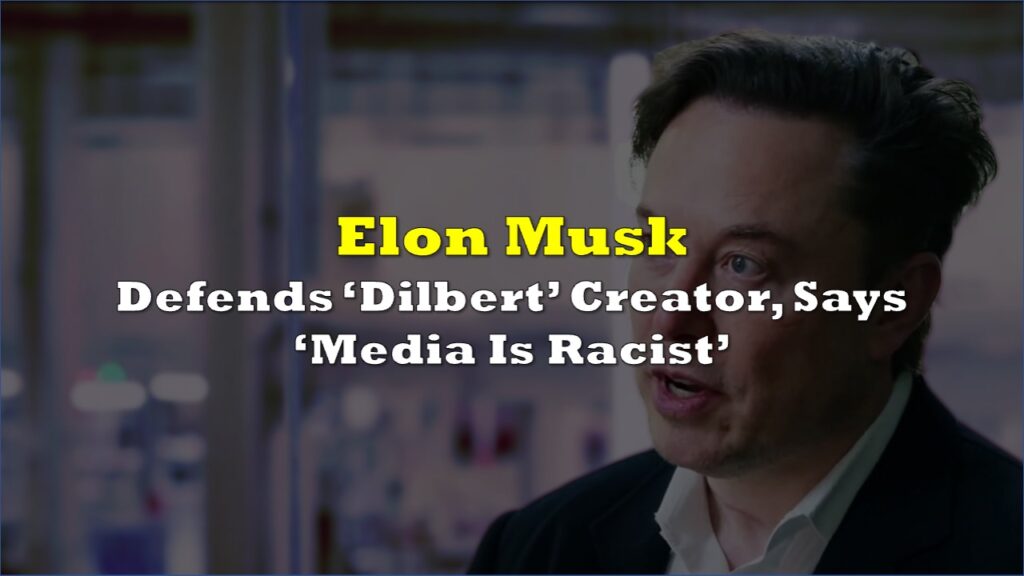The loans used by Elon Musk to finance his $44 billion acquisition of Twitter (which he has since rebranded as X) have become the worst merger-finance deal for banks since the 2008-2009 financial crisis, according to a recent report by The Wall Street Journal.
Seven major banks, including Bank of America (NYSE: BAC), Morgan Stanley (NYSE: MS), and Barclays (LON: BARC), provided approximately $13 billion in loans to Musk’s holding company for the takeover in 2022. Typically, banks aim to sell such debt quickly to other investors, but this hasn’t been possible with the Twitter deal due to the company’s poor financial performance under Musk’s leadership.
You are telling me that purchasing a platform that was struggling to break even for way above market value, only to then destroy its main source of revenue wasn’t a wise financial decision? pic.twitter.com/jCzU5FbuE2
— Oliver Alexander (@OAlexanderDK) August 20, 2024
The loans have remained “hung” or stuck on the banks’ balance sheets for an unprecedented 22 months, longer than any similar unsold deal since the last financial crisis, based on data from PitchBook LCD. This situation has forced some banks to mark down the value of the loans by hundreds of millions of dollars, significantly impacting their financial positions and operations.
The repercussions of this deal have been far-reaching. Some banks have seen their rankings drop in investment banking league tables, while others have had to limit their involvement in other mergers and financing deals.
The impact has even trickled down to individual bankers’ compensation, with some top M&A bankers at Barclays reportedly facing pay cuts of at least 40% compared to the previous year.
Despite receiving large interest payments on the X loans, the lenders are reportedly expecting to incur a total loss of around $2 billion. This bleak outlook is further compounded by X’s continued financial struggles. The company’s value has reportedly dropped by about 55% since Musk’s acquisition, with revenues declining by 40% in the first half of 2023 compared to the same period in the previous year.
Musk’s controversial management of X, including public spats with advertisers and a recent lawsuit against an advertising coalition, has contributed to the platform’s financial woes.
Elon’s Twitter did prove one thing: the idea that billionaires can run things better than anyone else is dumb.
— Luke Zaleski (@ZaleskiLuke) August 21, 2024
Information for this story was found via WSJ, Business Insider, and the sources and companies mentioned. The author has no securities or affiliations related to the organizations discussed. Not a recommendation to buy or sell. Always do additional research and consult a professional before purchasing a security. The author holds no licenses.









